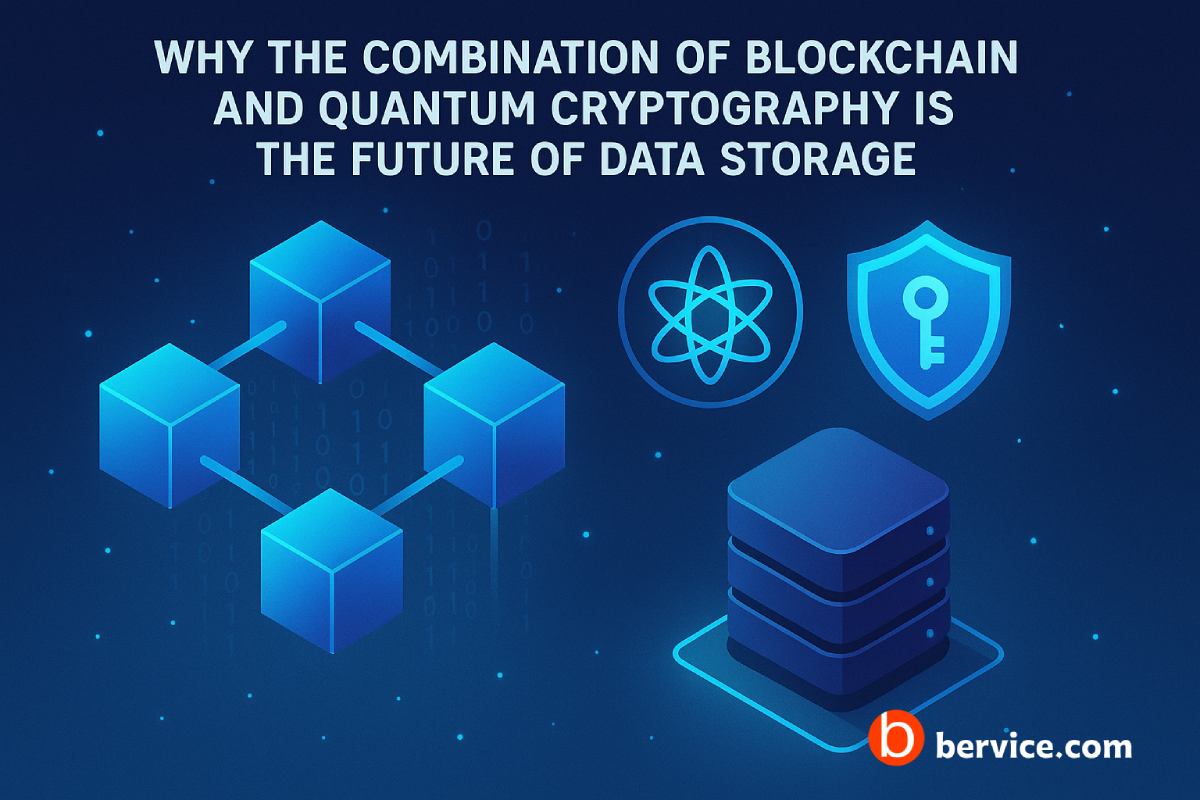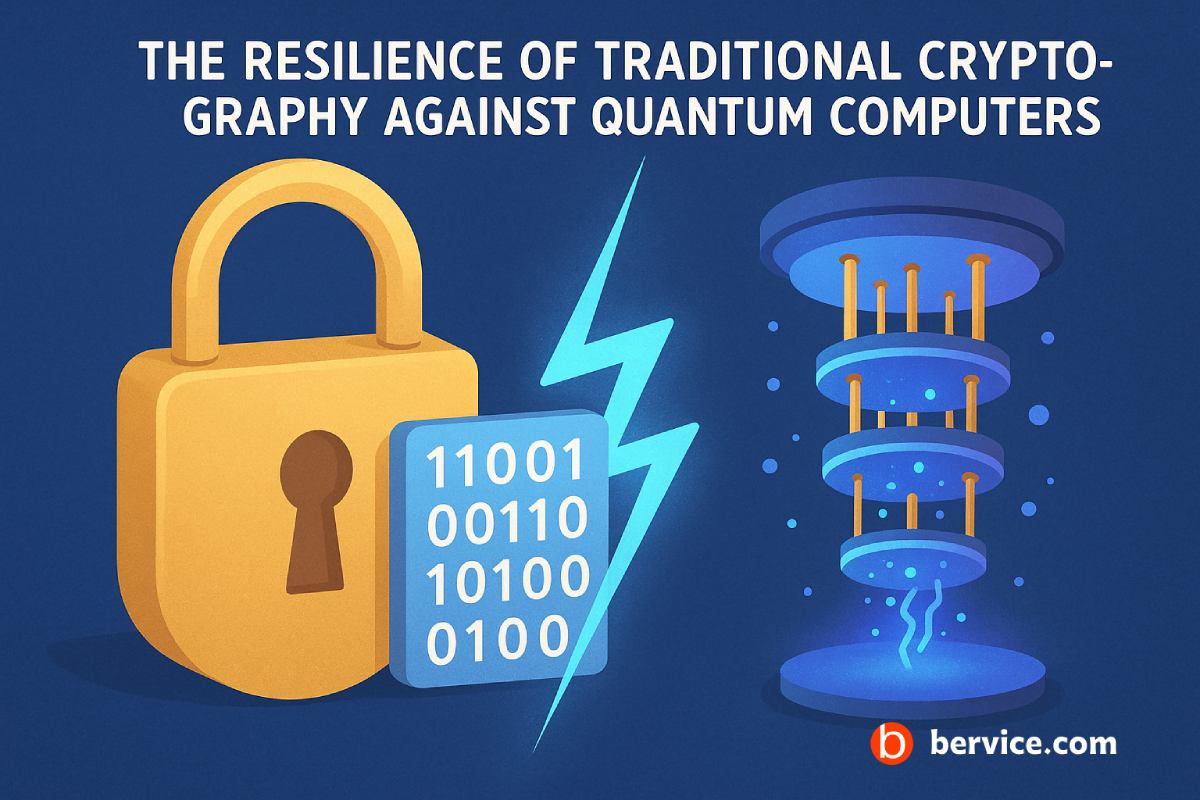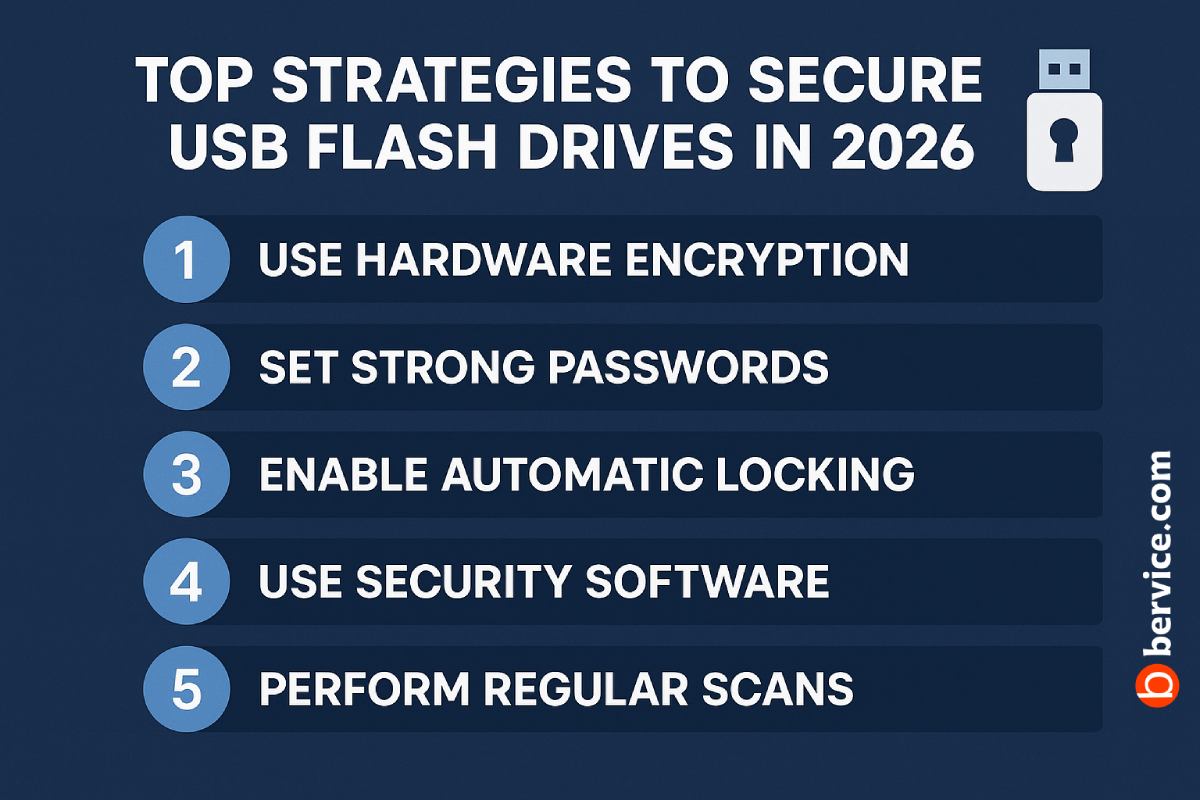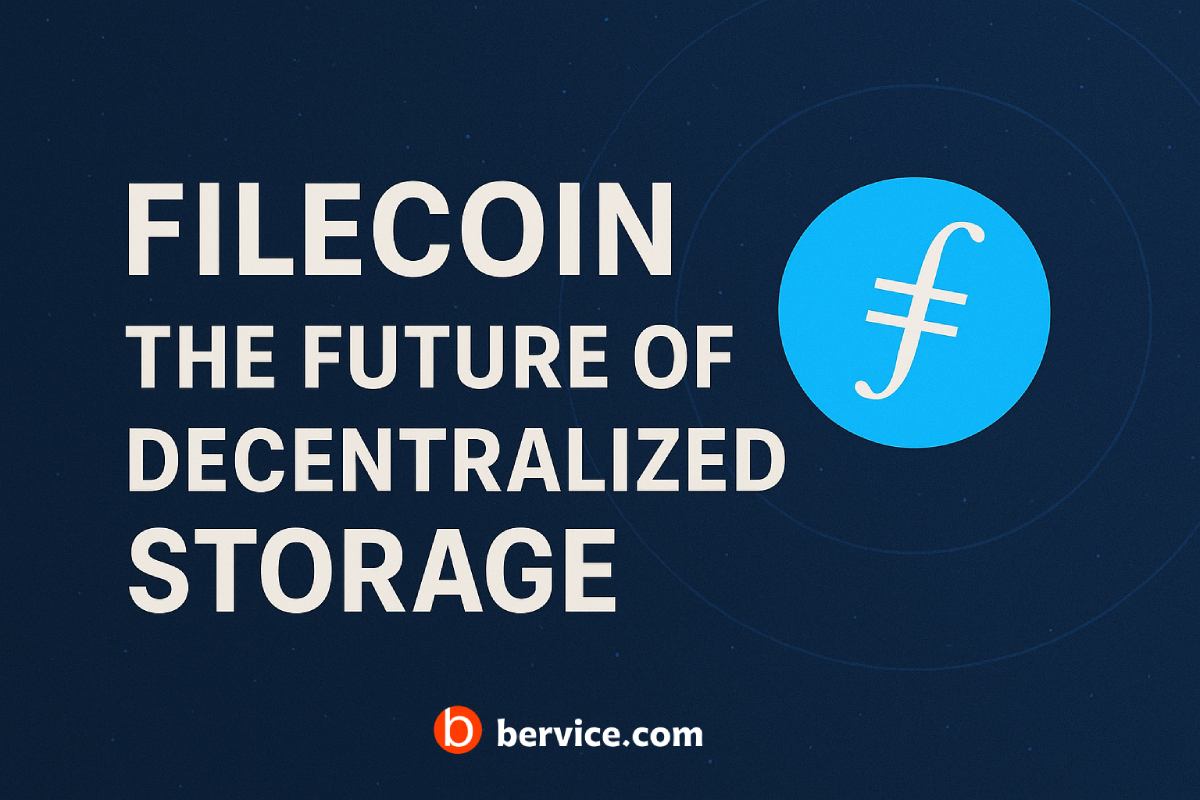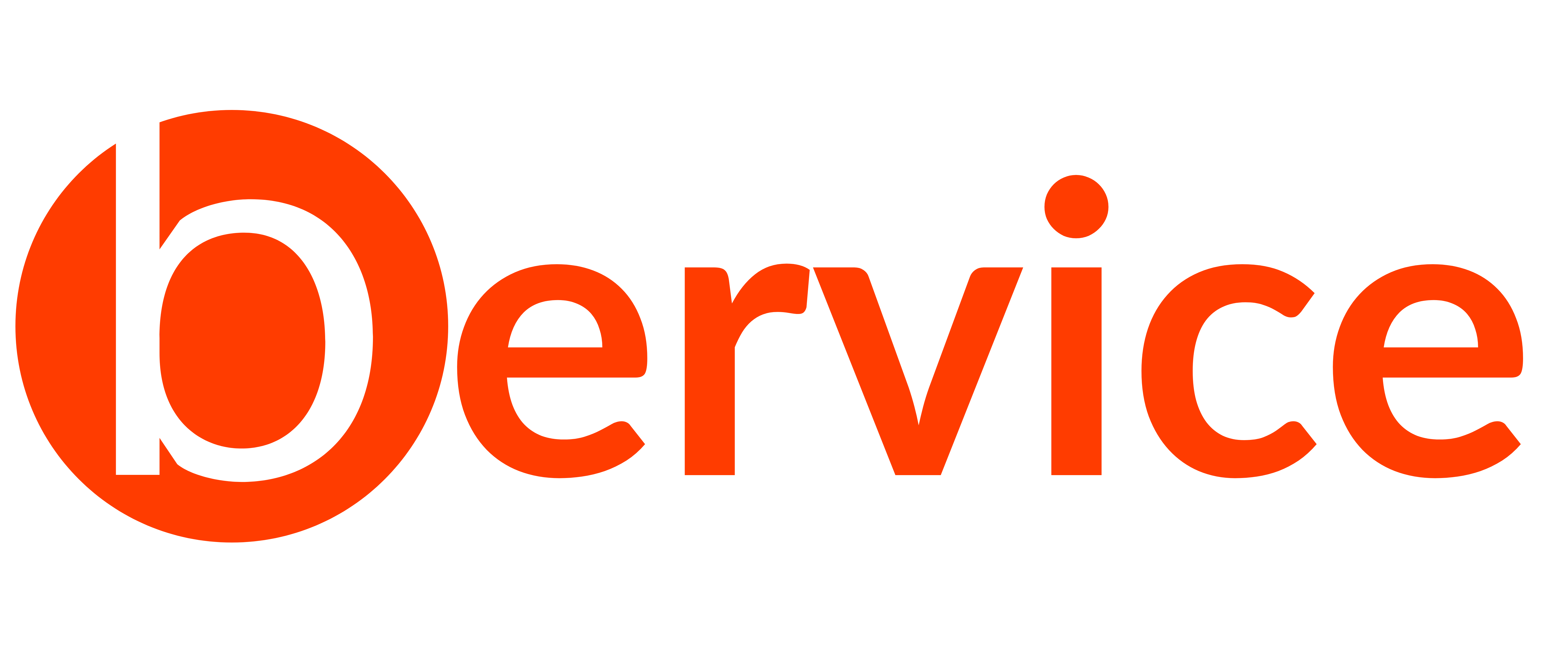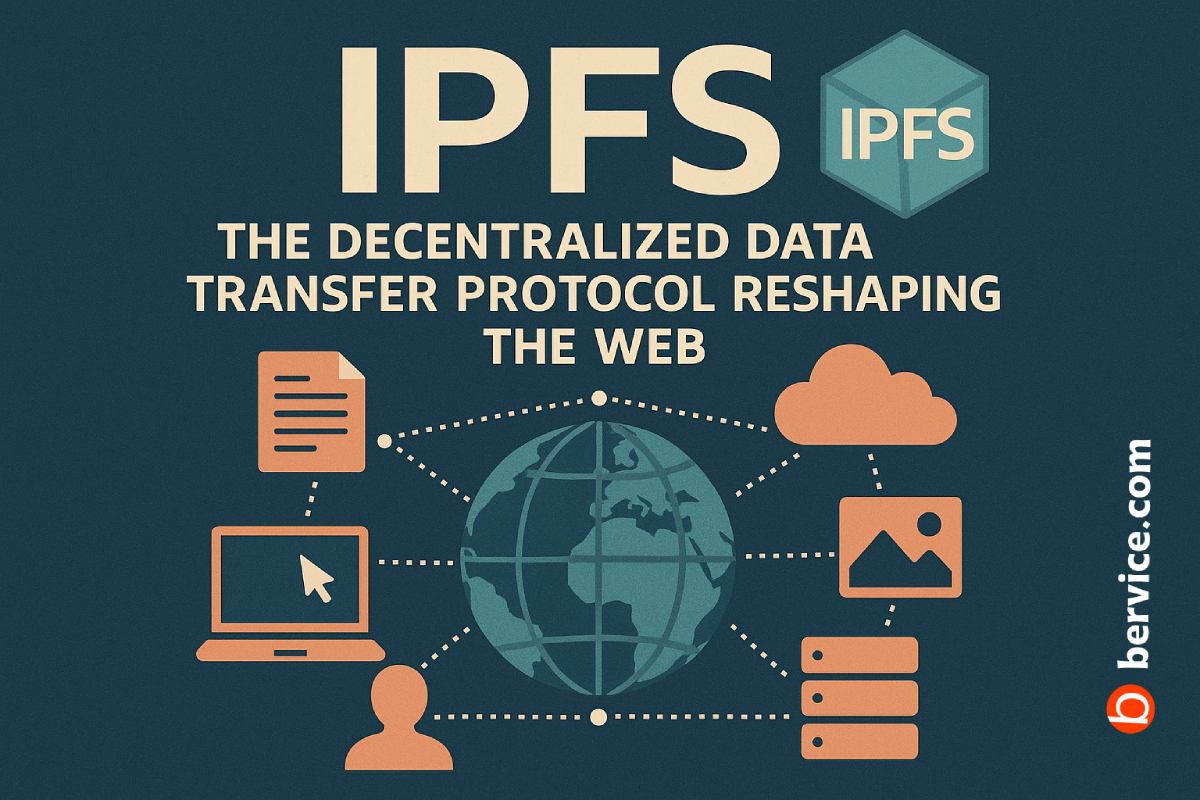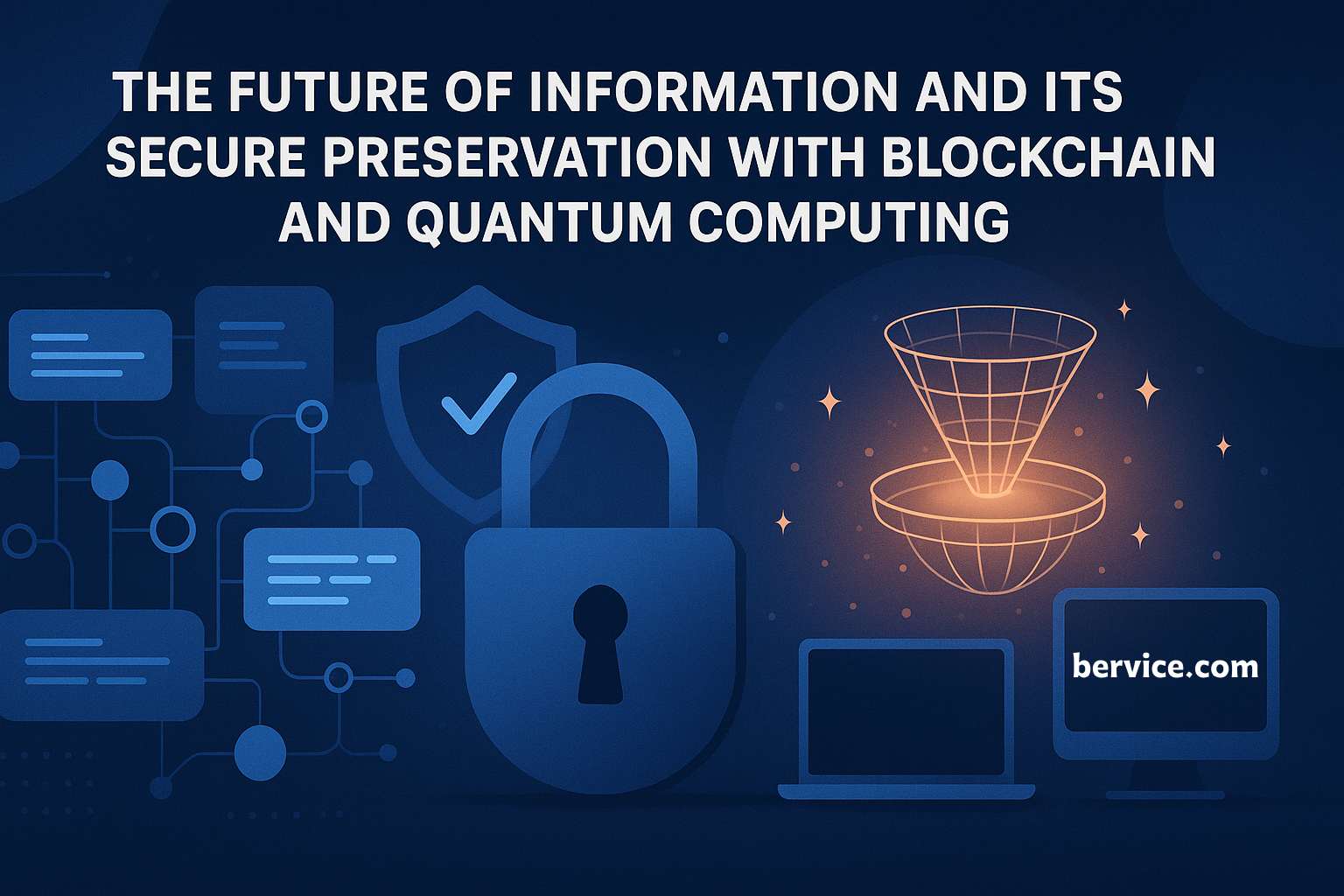
The Dawn of a New Era in Data Integrity and Privacy
In the digital age, data is no longer just a byproduct of technology—it is the currency of trust, innovation, and power. With the explosion of global connectivity, smart devices, and digital identities, the question is no longer whether we should protect information, but how we can do it in a future-proof and decentralized manner. The next generation of information preservation will be built upon the solid foundations of blockchain technology and the transformative power of quantum computing.
As this new era unfolds, we’re witnessing the convergence of two of the most revolutionary technological advancements in human history. Blockchain offers transparent, immutable ledgers capable of storing critical data without centralized oversight, while quantum computing promises an unprecedented leap in computational power—both a risk and a resource for digital security.
🧬 Blockchain: Immutable Memory for the Digital Age
Blockchain’s decentralized nature eliminates single points of failure. In future data systems, blockchain will serve as a distributed vault, where sensitive data, medical records, voting outcomes, and digital identities can be stored or referenced in encrypted form. Every transaction or modification will be verifiable and timestamped, creating a chain of trust that is publicly auditable yet cryptographically secured.
Projects like IPFS (InterPlanetary File System) combined with blockchain-based hashing mechanisms already hint at a scalable, censorship-resistant internet infrastructure. With zero-knowledge proofs, smart contracts, and decentralized identity (DID) systems evolving rapidly, blockchain is laying the groundwork for privacy-first data ecosystems.
🧠 Quantum Computing: A Double-Edged Sword
Quantum computers, harnessing the principles of superposition and entanglement, can process information in ways that classical computers cannot. This opens doors to solving complex simulations, drug discovery, and large-scale optimization—but also threatens current cryptographic standards.
However, quantum computing isn’t just a threat; it’s also a potential solution. Post-Quantum Cryptography (PQC) and Quantum Key Distribution (QKD) are emerging fields aiming to secure future communications even in the presence of quantum adversaries. Future blockchain systems will need to integrate quantum-resistant encryption to maintain their integrity and utility in a quantum-dominated world.
🛡️ The Hybrid Future: Quantum-Safe Blockchains
To survive the next technological leap, future-ready data preservation systems must adopt a hybrid strategy: combining the transparency of blockchain with the computational strength of quantum technologies. Imagine a world where voting records, legal agreements, and personal archives are stored on decentralized networks, encrypted using quantum-resistant algorithms, and auditable from anywhere in the world without exposing private details.
Startups and research institutions are already experimenting with quantum-enhanced blockchains, and countries like China and the EU have launched quantum communication satellites to explore secure information channels.
🌍 Conclusion: A New Chapter Begins
We are at the dawn of a technological renaissance. As we transition from the classical digital age to a decentralized, quantum-aware information ecosystem, it is crucial that innovation is paired with ethical foresight. Governments, enterprises, and individuals must invest in resilient infrastructure that protects data sovereignty, privacy, and freedom.
The future of information is not just about storage—it’s about empowerment, trust, and permanence. Blockchain and quantum computing, once parallel revolutions, are now converging to reshape how humanity preserves its knowledge forever.
Connect with us : https://linktr.ee/bervice
